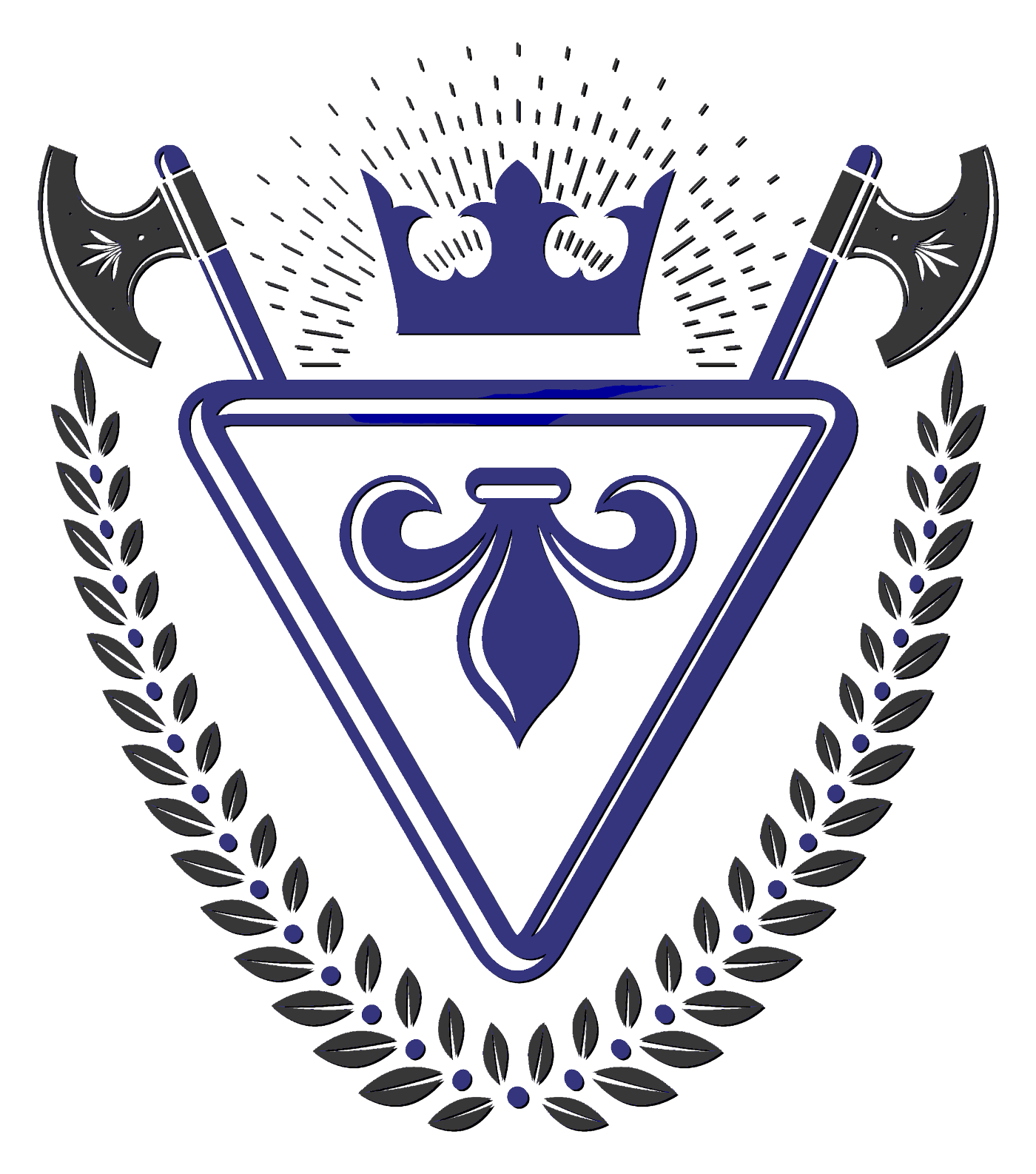I think one case where this was done a little close to the dangerous side of things was in Charles Williams' 'The Greater trumps', if you've read that.
He made the magic in the story heavily connected to real-world... I suppose you call it occult. And he made it seem so big, and amazing. And one of the main characters, at least partly good, was involved in it all, and used it himself, for bad. But you still felt like maybe the bad, maybe it was worth it....
The presence of good was also very strong. But at the same time, for me, there was such a blurring between the good, and the bad, that I hardly knew what each was sometimes. Maybe the character was simply using what he had wrong – or maybe it was the reason for what he did – or maybe he was only wrong in some details of what he was planning to do. The good characters seemed to accept some things that could easily have been bad, perhaps – only in the story they weren't. It made me feel oddly unsure of things.
Then there is 'That Hideous Strength' by C S Lewis, and there is a lot of seductive evil in that too. In the beginning, you feel just like the main character. There doesn't seem to be anything very bad about everything that's going on – and a little pride, and a little self-satisfaction couldn't get him into that much trouble, right? But you keep going, and finding out more and more, and it's still so seductive because you're already part of it, and if you've gone that far already what's the difference of one more step on, and.... well, and then it turns out to all be startlingly hideous.
And at the end everything is torn up and I almost could hardly believe how far I had gone myself in being taken in farther and further into the evilness that was happening.
I didn't find 'That Hideous Strength' to be as dangerous a book to my own mind as 'Greater Trumps', and it really all had to do with how the two authors handled their 'seductive evils'.
So yeah. I think you can certainly do it, and it makes for a powerful book, but you have to watch yourself to make sure it doesn't slip into confusing the readers more than they need to be. That's my thought on it.
Also, I think a genre that does this fairly commonly is Romance. The villain, in some story archetypes, is quite charming, and that's why he's so dangerous – because the heroine might marry the wrong man and ruin her life. But from the reader's perspective, it always ends up being quite clear which man is the villain and which one they should cheer for. I don't know, maybe looking into how those sort of books do it could help give you some ideas... I'd never thought about it that way before so I've never tried it.



 : Evil is clearly appalling and any christian novel should be very clear morally speaking, yet, probably because I've been influenced by Milton, I can't help thinking that Evil portrayed, not under a monstruous appearance, but an attractive/seductive one is much stronger and subtler in a story, and can produce very efficient results : indeed, Evil is all the more dangerous under the appearance of beauty or goodness - and that's the whole point of temptation I believe, to be deceptive. Yet, portraying a seductive Evil is also dangerous for the reader, because he can be definitely misleaded -for exemple, Milton's Satan has been often misinterpreted by the readers all through the centuries, and even arised some luciferian sympathies...I feel very uncomfortable about it because, well, do you think it would be moral to portray a seductive evil ?
: Evil is clearly appalling and any christian novel should be very clear morally speaking, yet, probably because I've been influenced by Milton, I can't help thinking that Evil portrayed, not under a monstruous appearance, but an attractive/seductive one is much stronger and subtler in a story, and can produce very efficient results : indeed, Evil is all the more dangerous under the appearance of beauty or goodness - and that's the whole point of temptation I believe, to be deceptive. Yet, portraying a seductive Evil is also dangerous for the reader, because he can be definitely misleaded -for exemple, Milton's Satan has been often misinterpreted by the readers all through the centuries, and even arised some luciferian sympathies...I feel very uncomfortable about it because, well, do you think it would be moral to portray a seductive evil ? 
 How can I not die over that?
How can I not die over that?